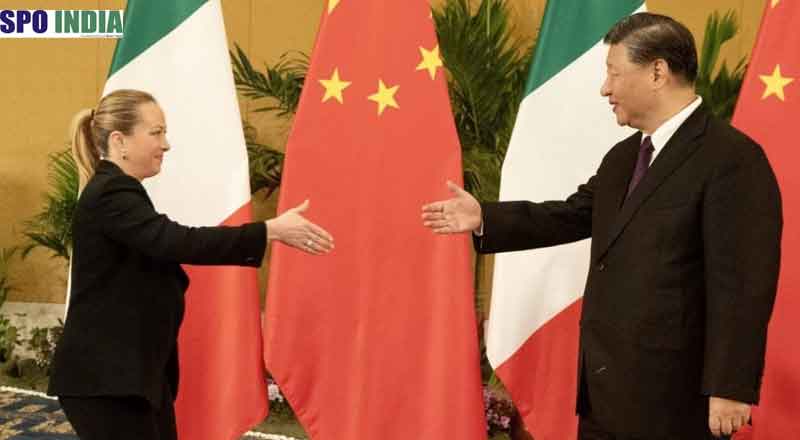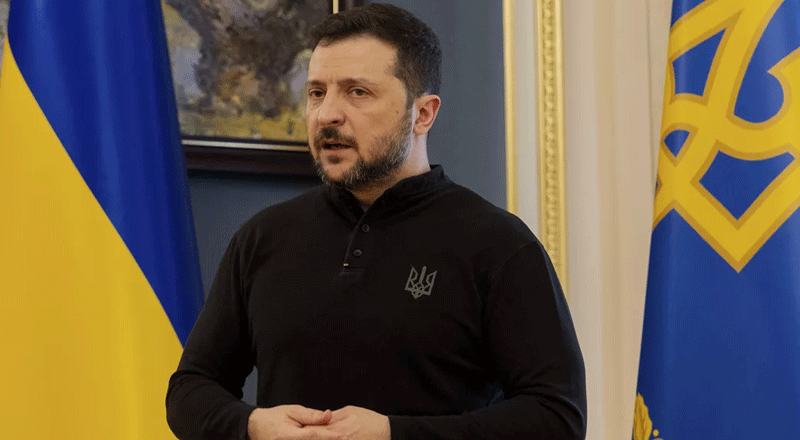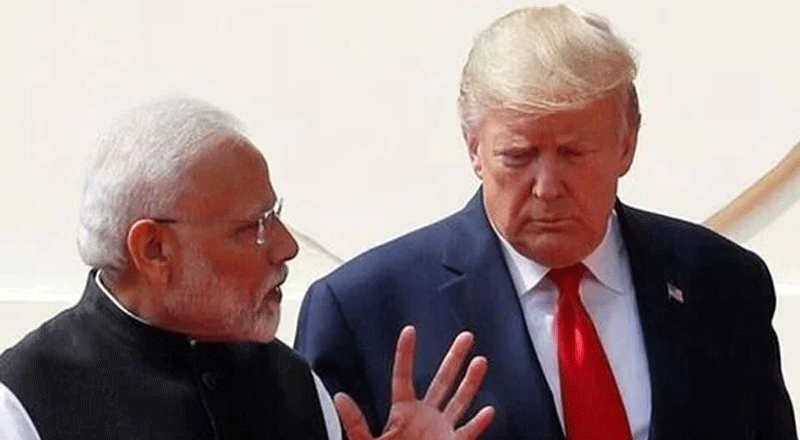A New Direction for Italy-China Relations
Italian Prime Minister Giorgia Meloni’s recent visit to China marked a pivotal moment in Italy’s foreign policy. Seeking to strengthen economic ties and cooperation, this visit underscored Italy’s departure from China’s Belt and Road Initiative (BRI) and highlighted a desire for a more balanced trade relationship. Here are ten key points from her visit that illustrate how Italy is realigning its economic relations with China.
Pursuing Balanced Trade Relations
Prime Minister Meloni emphasized the need to rebalance trade between Italy and China. Currently, Italian investment in China significantly outweighs Chinese investment in Italy, with a ratio of about 3:1. Meloni’s visit aimed to reduce trade barriers and ensure a fairer exchange, promoting a more equitable economic partnership.
Exiting the Belt and Road Initiative
Italy, the only G7 country to join China’s BRI in 2019, aimed to enhance infrastructure and trade links reminiscent of the ancient Silk Road. However, under pressure from the United States, Italy exited the initiative last year. Despite this, Italy still seeks to maintain robust trade relations with China, signaling a strategic shift rather than a severance of ties.
Italy’s Strategic Importance to China
Despite leaving the BRI, Italy remains a key partner for China within Europe. Meloni highlighted Italy’s unique position as a potential moderating voice in the European Union, particularly regarding EU tariffs on Chinese goods, such as electric vehicles (EVs). Italy’s stance could influence broader EU-China relations.
Enhancing Italian Exports
Meloni expressed Italy’s intent to improve the access of Italian products to the Chinese market. By addressing existing trade barriers, Italy hopes to increase the volume of its exports to China, thereby enhancing economic cooperation and mutual benefits.
Shaping EU-China Relations
Meloni underscored Italy’s significant role in shaping EU-China relations. She expressed hopes for a more balanced trade relationship between the EU and China, acknowledging Italy’s strategic position in facilitating dialogue and fostering cooperation.
EU Tariffs on Chinese Electric Vehicles
The European Union is set to vote in October on imposing tariffs on Chinese electric vehicles. Reflecting its concerns over the influx of competitively priced Chinese EVs affecting the European market, Italy has indicated support for these tariffs, aligning with broader EU efforts to protect its industries.
Re-evaluating Italy’s Trade Position
Meloni clarified that while Italy was part of the BRI, it did not experience the highest volume of trade or investment from China compared to other European nations. This highlights the need for Italy to redefine and enhance its economic strategy with China, focusing on more strategic and mutually beneficial engagements.
Diplomatic Engagements with Xi Jinping
During her meeting with Chinese President Xi Jinping at the Diaoyutai State Guest House, Meloni reiterated Italy’s willingness to cooperate closely with China. She stressed the importance of Italy’s role in the broader EU-China dialogue and trade relations, seeking to foster a collaborative and prosperous partnership.
Post-BRI Economic Strategy
Following its exit from the BRI, Italy aims to develop a more independent and balanced trade strategy with China. This approach focuses on mutual benefits and increased investment opportunities, striving for a partnership that respects both nations’ economic interests.
Meloni’s Vision for Future Relations
Prime Minister Meloni envisions a future where Italy leverages its unique position in Europe to foster stronger economic ties with China. Her broader vision includes contributing to a more equitable and prosperous global trade environment, ensuring that Italy plays a significant role in shaping international economic dynamics.
Navigating Diplomatic and Economic Complexities
Italy’s initiative to realign its trade relationship with China underscores the complexities of international diplomacy and economic partnerships. As Italy navigates these challenges, its approach to balancing national interests with global economic dynamics will be crucial in shaping its future role on the world stage. By fostering a more balanced and strategic partnership with China, Italy aims to secure a prosperous and equitable future for both nations.
(With inputs from agencies)





